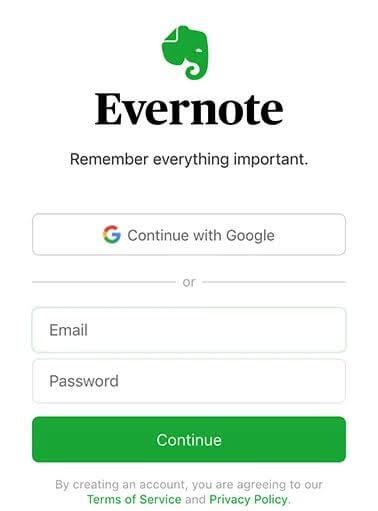*The information below is not legal advice.
Do you know the three contracts you need to start your online business? Even seasoned entrepreneurs miss these sometimes! Don’t worry, though, we’ve listed the three contracts you need below and how to ensure that they are legally binding.
1. Privacy Policy
You might be surprised to find out that this is a contract. Well, it is! Plus, it’s actually required by federal law. In this digital age, you can use data or personal information from your online visitors to help optimize traffic to your website, improve your products and services, and create more business opportunities. A Privacy Policy will inform your online visitors about how their data is being collected, used, shared, and protected.
Not sure how to create a privacy policy? Legalpreneur has a template included in the Legalpreneur Membership.
2. Terms of Use
Yep, this is another contract! This is the contract between you and the visitor of your website. A Terms of Use is essential to protecting you from unwanted lawsuits and infringers. By including a Terms of Use on your website, any online visitor to your website is agreeing to the terms you specify in this contract. You can include terms like what types of users can utilize your website (i.e. adults only or 18+ years of age) or how they can use your website (i.e. for non-professional advice or for information only). You can include disclaimers and notify visitors that your website content is protected by trademarks and copyright. While this contract can be customized to your needs, most Terms of Use templates can give you basic protections.
Not sure how to create terms of use for your website? Legalpreneur has a template included in the Legalpreneur Membership.
3. Sales or Service Agreement
If you are selling products or services on your website, this contract is essential for outlining your payment policies, refund policies, and any other terms for purchasing. You can roll this contract into your Terms of Use or have a separate webpage for it. Additionally, if any purchases are not made on your website, you’ll want to send a Sales or Service Agreement to be signed separately.
Now you know the three essential contracts all online businesses should have! All of these contracts can be included on your website as a stationary page with links in the bottom header of your website.
Making these Contracts Legally Binding
- Conspicuous
You’ll need to ensure that your visitors have “notice” of these policies. You can do this by making these policy hyperlinks conspicuous to your online visitors. Do not bury or hide the links in your content. Having it in a visually separate space, like a bottom header, works well. Take a look at the bottom header of our Legalpreneur website as an example!
- Include Links to Full Contracts
Including the Privacy Policy, Terms of Use, and/or Sales or Service Agreement links in the sign-up or checkout page of your website will also put your visitors/users on notice of these policies. By placing these links on pages where your customers interact with your website, it gives them a chance to review, or at the very least be put on notice, of your policies before signing up or completing their purchases.
- Clickwrap Agreements
You can also include a clickwrap agreement on your sign-up or check out pages. These clickwrap agreements require your online visitors to click a button, check a box, or complete an action stating that they agree to the Terms of Use, Privacy Policy, and/or the Sales or Service Agreement. Clickwrap agreements can give you the most protection since courts more commonly enforce this form of online agreement.
Here is an example of a clickwrap agreement that requires checking a box and includes links to PayPal’s Terms of Use (User) Agreement and their Privacy Policy.

Here’s another example from Evernote that does not require checking a box, but by completing registration, the user agrees to the Terms of Service and Privacy Policy. It also includes links to the full policies.

There are a number of ways to create a clickwrap agreement that fits the priorities you have as an online business owner. Including these three essential contracts, links to those contracts, and a clickwrap agreement gives you the best chances of enforcing the terms and conditions you’ve set out to protect your business. Just remember to review and update your contracts and policies as your business grows!
If you want to DIY, you can use contract templates like the ones included in Legalpreneur’s Contract Vault to create your own policies. These templates are also included in the Legalpreneur Membership. A lawyer like Andrea Sager can help draft contracts specific to your business needs or look over your existing business contracts to ensure full legal protection.


